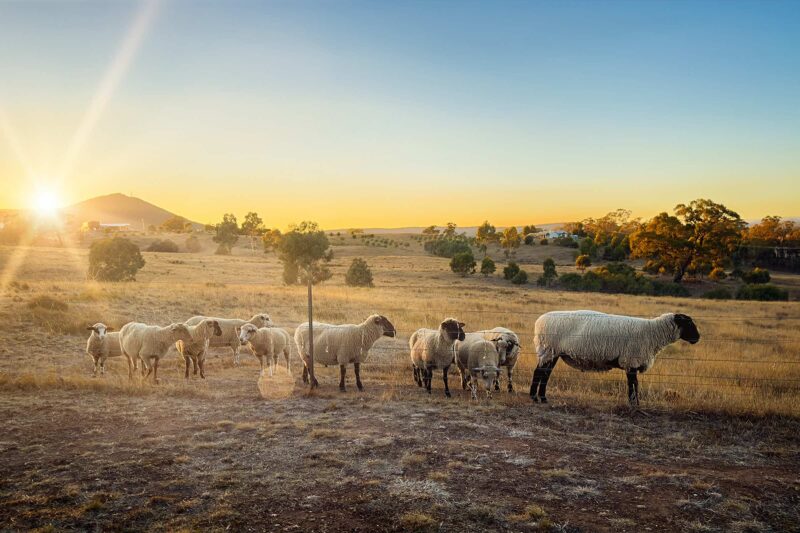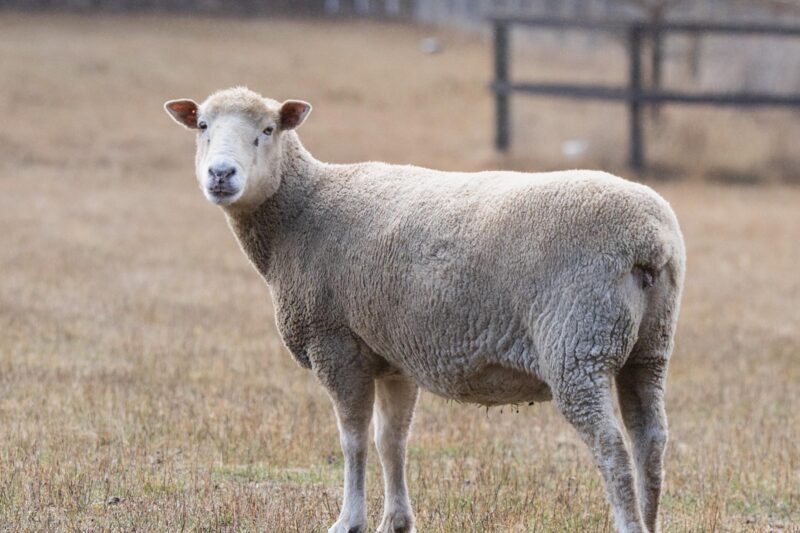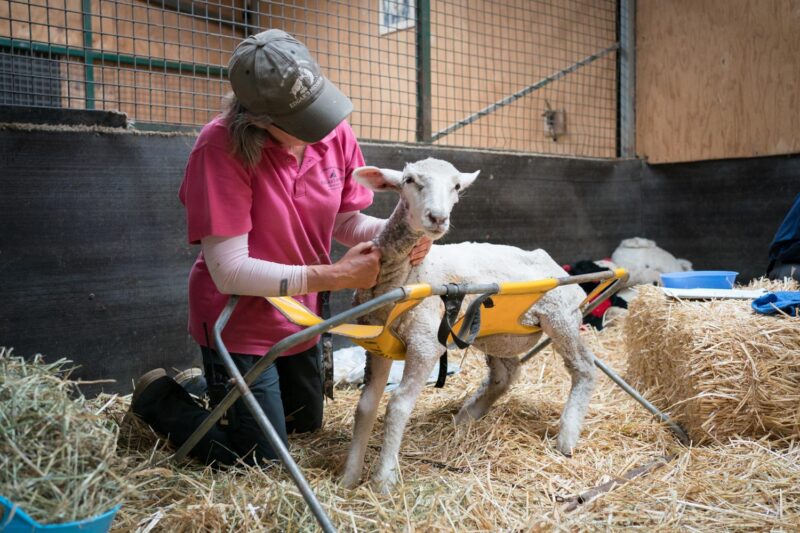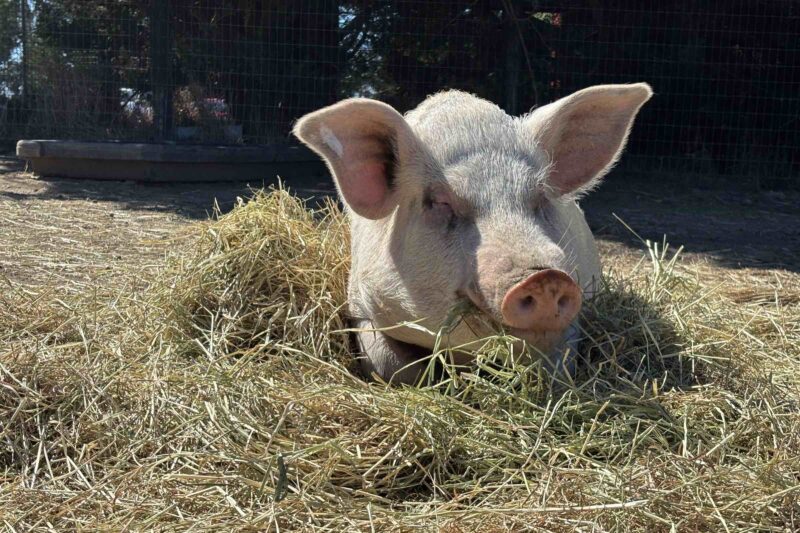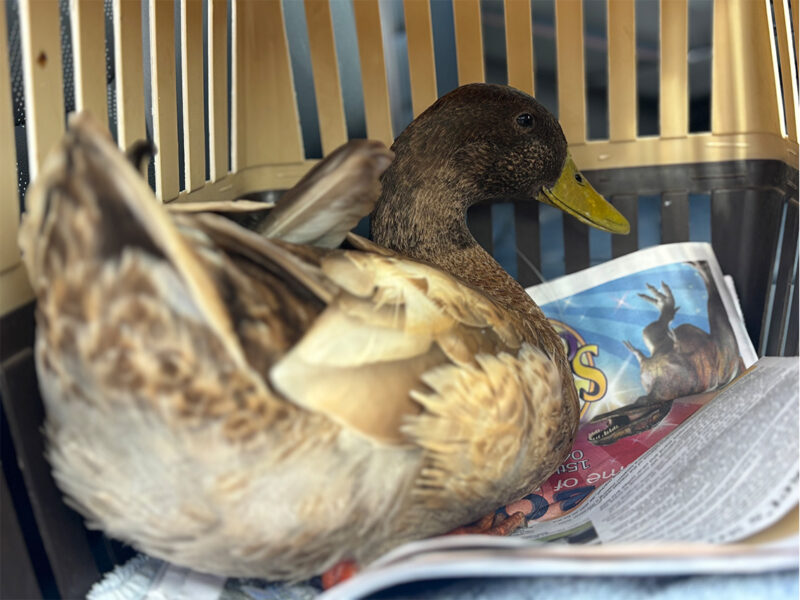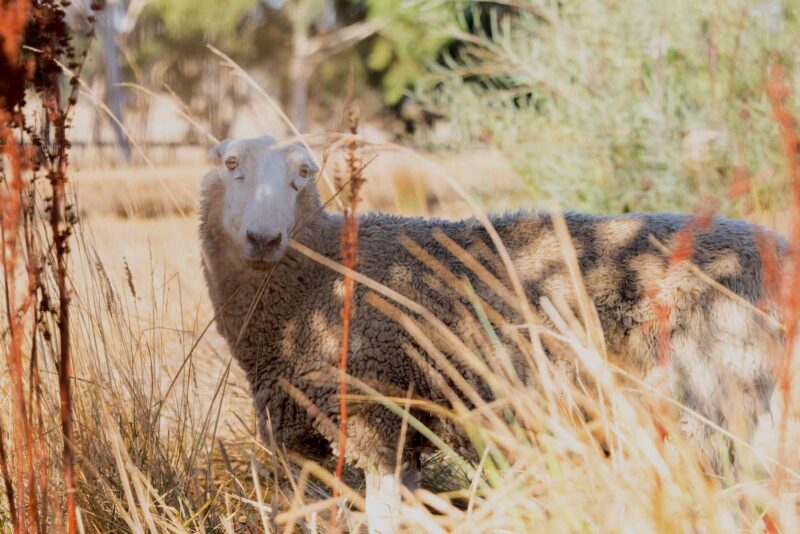
Around 265 BC, a Greek scholar and mathematician named Archimedes dipped his toe into a tub at the public baths in Syracuse, with his leg following suit. In doing this, Archimedes watched the water level rise. Lowering himself more fully into the water, he saw it continue to do so, ultimately spilling over the sides of the bath. At this point, Archimedes recognised that the volume of water displaced must be equal to the volume of the part of his body that had been submerged.
So excited about this discovery was Archimedes that he immediately jumped out of the bath and ran all the way home crying out, “Eureka, eureka,” which is Greek for “I have found it, I have found it”. In his glee, Archimedes failed to find his clothes and he ran home stark naked. However, what Archimedes was referring to was a way to determine the answer to a problem he had been posed by Hiero of Syracuse on how to assess the purity of gold in a golden crown.
You know—that moment when from nowhere comes a notion that allows you to finally connect the dots, and suddenly things are entirely clear. These spontaneous insights often come at random moments when you least expect it, like shopping for groceries, watching a movie, or like Archimedes getting into a bath.
For me, my most profound eureka moment came in June 1986 when my ethics and actions collided, but thankfully for my neighbours and me, it didn’t send me racing down the street stark naked, although it did send me racing to the supermarket fully clothed to restock our cupboards and freezer.
I was a bright-eyed and enthusiastic animal lover who thought she was living and leading a pretty good life caring for animals and making the world a kinder place. However, it was upon reading about Peter Singer’s encounter at a chapter of the RSPCA, where ham sandwiches were served for lunch and the noted philosopher mused, “How odd,” that I thought “Eureka—how right,” and my life and menu changed forever.
Scientists and psychologists have studied these eureka moments for around a century in an attempt to discover where they originate in the brain. New insights have shown they result from a complex series of brain states. And my mind has been pinging them out since that most incredible one way back in 1986, all shaping my life and thoughts in ways I could not have imagined, not the least being that creating a not-for-profit sanctuary for rescued farmed animals, giving up my secure paid job and rarely having a set of clean clothes would be the craziest yet most rewarding thing I would ever do. And in doing so, I have found that Archimedes, myself and all humans are not alone in having our eureka moments.
In 2004, Cambridge University Professor Donald Broom showed, by use of an electroencephalograph, that the brainwaves of cows showed they experience “ah-ha” moments when they completed a mental challenge. Broom reported: “The brainwaves showed their excitement; their heartbeat went up and some even jumped into the air. We called it their Eureka moment.”
In fact, in the last ten years, science has been coming down on the side of common sense, biological continuity and compassion regarding our understanding of how animals perceive their worlds and that they indeed too have eureka moments.
Our very own Little Miss Sunshine has shown an amazing (although if you really do know chickens, it is not all that amazing) ability to display cognition that rivals that of three-year-old children through what is known as object permanence: the ability to understand that an object exists even if it has been taken away. Little Miss Sunshine has also learned to peck out the numbers shown on a randomly rolled dice, and even how to ring a bell when she wants to come inside.
I think the most amazing thing about Little Miss Sunshine is that she was never preened for these things. In fact, had it not been for the eureka moment of the battery hen farmer who had a change of heart upon realising just how cruel it is to imprison hens in cages, she never would have. He wanted to exit the industry, but he did not wish for his hens to exit the world; that was where Edgar’s Mission came in, and one by precious one we rescued all of his hens from their tiny wire prisons.
It comes as no surprise for people like me, who work with farmed animals in sanctuary settings, that these animals have rich emotional worlds, and that they form friendships like Lombard the sheep and his best friend Jewel. Now, theirs is a really interesting story.
Lombard and Jewel arrived at the sanctuary about the same time several years ago. Jewel had terrible deformities in her feet that had become afflicted with debilitating and painful infections, so bad that she was unable to stand, whilst Lombard was a gaunt young wether who was terrified of humans.
Recently, Jewel had a flare-up of an old injury and was moved to an adjoining paddock so she could come in each night for rest and observation. As they had both been in with other sheep, we felt they would be secure enough not to need the constant company of one another.
But not long afterwards, Lombard appeared very lame; we couldn’t find the reason for his lameness, so he too was brought into our hospital paddock for closer monitoring. Within a matter of moments, he had made his way past the other sheep and found Jewel. And lost his lameness.
If I had not witnessed this myself, I would have thought the story was a fabrication, but it is not. Watching the two of them together, it is more than apparent they have the strongest of bonds—they are best friends forever.
There can be no doubt that the farmed animals I see every day experience pleasure, pain, joy, have long memories and even hold grudges. Like dear Edgar, who never forgave the very tall grey-haired vet who gave him his first injection. Whenever the vet returned to the farm, Edgar would race off screaming as only he could.
These are animals who can learn from one another; they are ingenious and resourceful; and, of course, they love their babies. None of the residents of Edgar’s Mission better encapsulate this love than one-time dairy cow Clarabelle and her love for her baby, Valentine, whom she hid from us for several days after birth for fear that Valentine would be taken away, just as all Clarabelle’s previous babies had been. Even today, as Valentine edges towards maturity, the two of them can be seen together: Clarabelle lovingly licking sweet Valentine.
Interestingly, when hearing the reason Clarabelle’s previous babies had been removed from her—so the milk she intended for her baby could be harvested for human consumption, with the fate of the baby calf uncertain at best—many have had their eureka moment and sworn off dairy products for life.
Our pigs and their operation of their showers demonstrate an understanding of cause and effect beautifully. Suitably, our first pig to work this out was Albert Einswine, who learned quickly that pushing a lever caused the water to flow—a welcome reward on a hot summer’s day. And the fact his buddies have caught on too shows they are able to learn from the experiences of others.
They can be curious, brave, shy, nervous, cheeky and timid. And while some are incredibly intelligent, some are not so, just like we humans. Yet, each and every single one is a unique individual who cherishes their life just as much as you and I.
In short, they are aware, and of this so should we be as well, and perhaps in doing so we will recognise the urgent need to revisit our relationship with the animal kingdom: our kin in another skin. That, my friend, could well be our greatest eureka moment, and we even get to keep our clothes on.
